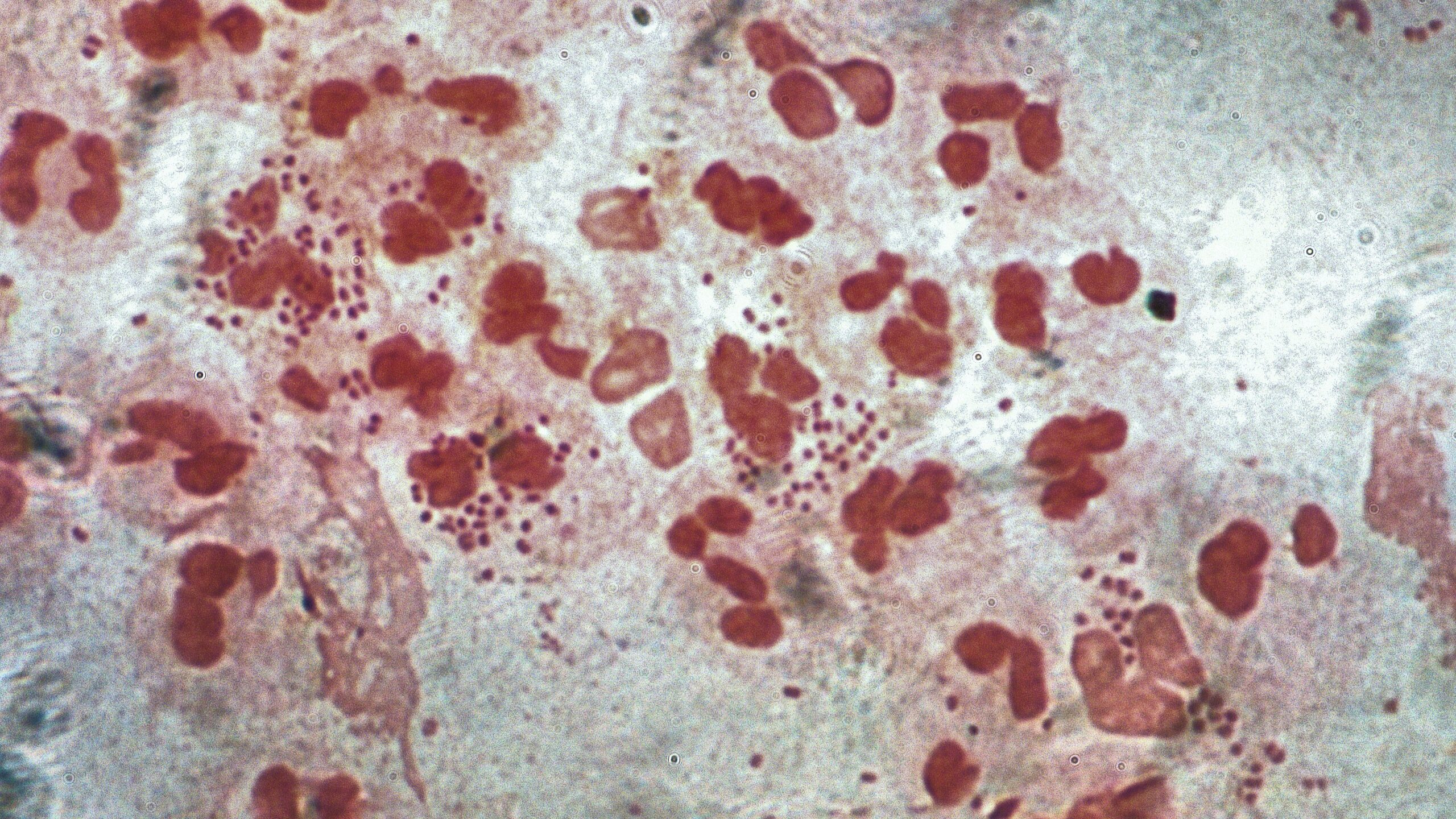World
AI Breakthrough at MIT Develops New Antibiotics Against Gonorrhoea and MRSA

Researchers at the Massachusetts Institute of Technology (MIT) have made significant strides in the fight against drug-resistant infections by employing artificial intelligence (AI) to develop new antibiotic candidates targeting gonorrhoea and MRSA (methicillin-resistant Staphylococcus aureus). The team designed and screened over 36 million potential compounds for their antimicrobial properties, revealing candidates that differ markedly from existing antibiotics.
The innovative use of AI allowed the scientists to explore a vast chemical landscape, generating compounds that have not previously been identified. Senior author Professor James Collins expressed enthusiasm for the project’s potential, stating, “Our work shows the power of AI from a drug design standpoint, and enables us to exploit much larger chemical spaces that were previously inaccessible.”
Novel Mechanisms to Combat Resistance
The researchers focused on creating molecules that disrupt bacterial cell membranes, a mechanism distinct from those of current antibiotics. Lead author Aarti Krishnan emphasized the importance of this approach, noting, “We wanted to get rid of anything that would look like an existing antibiotic, to help address the antimicrobial resistance crisis in a fundamentally different way.” This crisis is profound, with nearly five million deaths attributed to drug-resistant bacterial infections each year.
Utilizing generative AI algorithms, the team initially designed molecules based on a specific chemical fragment known for its antimicrobial activity. They further allowed the AI to generate entirely new molecules, moving beyond traditional designs. This strategy aims to uncover novel mechanisms of action that could lead to effective treatments against stubborn infections.
Challenges in Antibiotic Development
The discovery of new antibiotics is a rare event in the field of medicine, and gaining approval from health authorities presents additional hurdles. The MIT team’s approach may provide a crucial solution to the growing issue of antibiotic resistance, which poses a significant threat to public health globally.
As antibiotic-resistant strains of bacteria continue to evolve, the need for innovative solutions becomes increasingly urgent. The research at MIT demonstrates the potential of AI to transform drug discovery, offering hope in the battle against infections that have become difficult to treat. Through these advancements, the team aims to provide new options for healthcare practitioners and improve patient outcomes in the future.
-

 Health3 months ago
Health3 months agoNeurologist Warns Excessive Use of Supplements Can Harm Brain
-

 Health3 months ago
Health3 months agoFiona Phillips’ Husband Shares Heartfelt Update on Her Alzheimer’s Journey
-

 Science1 month ago
Science1 month agoBrian Cox Addresses Claims of Alien Probe in 3I/ATLAS Discovery
-

 Science1 month ago
Science1 month agoNASA Investigates Unusual Comet 3I/ATLAS; New Findings Emerge
-

 Science4 weeks ago
Science4 weeks agoScientists Examine 3I/ATLAS: Alien Artifact or Cosmic Oddity?
-

 Entertainment4 months ago
Entertainment4 months agoKerry Katona Discusses Future Baby Plans and Brian McFadden’s Wedding
-

 Science4 weeks ago
Science4 weeks agoNASA Investigates Speedy Object 3I/ATLAS, Sparking Speculation
-

 Entertainment4 months ago
Entertainment4 months agoEmmerdale Faces Tension as Dylan and April’s Lives Hang in the Balance
-

 World3 months ago
World3 months agoCole Palmer’s Cryptic Message to Kobbie Mainoo Following Loan Talks
-

 Science4 weeks ago
Science4 weeks agoNASA Scientists Explore Origins of 3I/ATLAS, a Fast-Moving Visitor
-

 Entertainment4 months ago
Entertainment4 months agoLove Island Star Toni Laite’s Mother Expresses Disappointment Over Coupling Decision
-

 Entertainment3 months ago
Entertainment3 months agoMajor Cast Changes at Coronation Street: Exits and Returns in 2025









